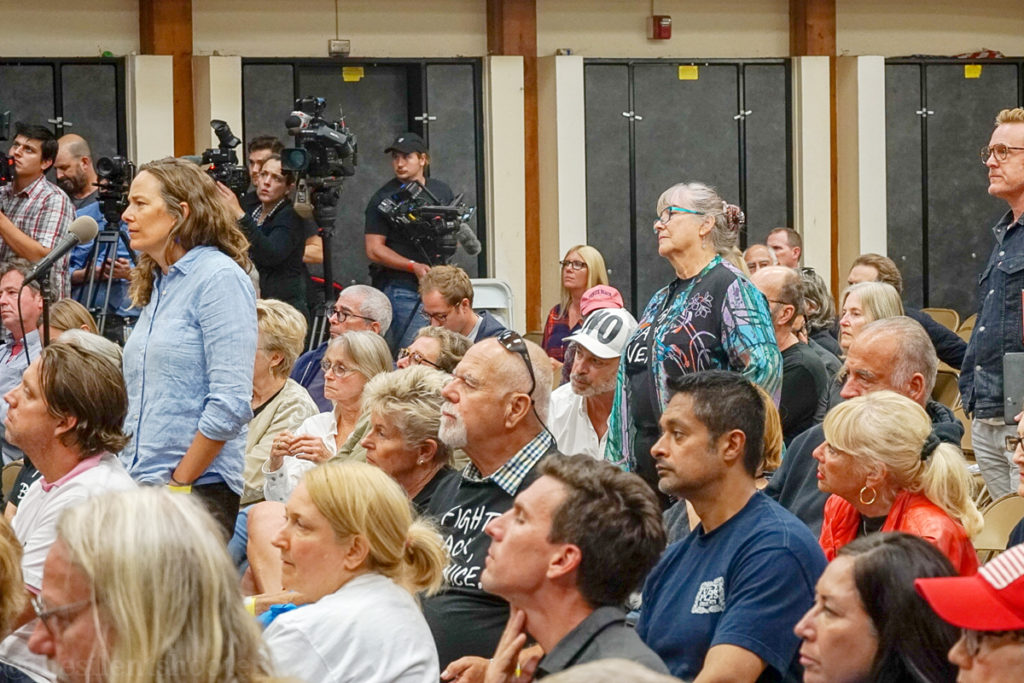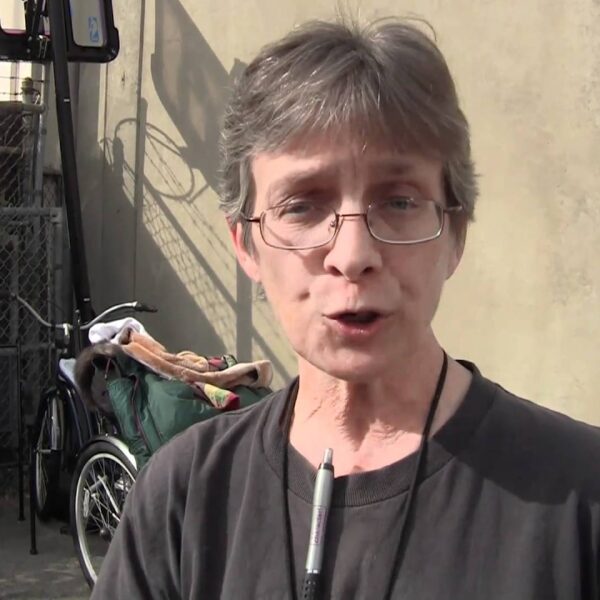In the spring of 2017, citizens in Los Angeles voted to raise their own sales tax in an effort to reduce the epidemic levels of homelessness in California’s largest metropolitan area.
Other cities struggling with similar problems such as Portland and Seattle have created task forces and announced states of emergency to confront the intersectional problems at the core of the social issues associated with homelessness.
All across the United States, local governments, social service organizations and the general public are fighting to have the last word on how to address the social problems caused by homelessness. Many are willing to accept that homelessness is a problem. However, there is little consensus about how to best address it.
Despite the renewed impetus to address homelessness across the United States, there is an emerging backlash of opposition. This opposition is fighting to ensure that systemic poverty and inequality, central drivers of homelessness, remain entrenched in America’s urban centers.
While few would admit to wanting to perpetuate homelessness, it is clear that many U.S. citizens view homelessness in an unfavorable way. This is in part driven by media coverage on the topic.
The Role the Media Plays
Last year, San Francisco received the dubious title of “street poop capital of the United States” in response to an article published by RealtyHop. The article was widely shared and helped to perpetuate the growing trend of negative opposition against homeless activism and advocacy.
According to research carried out by the Washington Post, most American citizens have a favorable view about assisting the homeless with direct aid and subsidized housing.
Paradoxically however, the same study found that most of the public would prefer to make panhandling and sleeping in public parks illegal and punishable by incarceration.
Why Would This Be the Case?
The same research carried out by the Washington Post went a step further. It tried to uncover why the public has such a negative view about assisting the homeless. They found that based on media coverage such as the aforementioned RealtyHop piece, many in the general public associate the homelessness with things that are unclean.
As a result, instead of responding with compassionate regard and desire to assist, many respond to the homeless issues in their communities with a sense of revulsion and a desire to turn away and avoid.
The authors from the Washington Post study write:
“As we expected, people who are more easily disgusted are more likely to support bans on public sleeping and panhandling than those who are less easily disgusted. But they are just as likely to support policies providing aid or housing to homeless people. We also found no evidence that disgust sensitivity predicts more negative attitudes toward homeless people in general.
We also showed that news coverage of homelessness can activate disgust sensitivity by referring to disease and uncleanliness. In an experiment embedded in our survey, respondents were randomly assigned to one of two groups. Each group read a short paragraph about homeless people. In the first (control) group, respondents read a paragraph with generic references to homelessness. In the second (treatment) group, respondents read a story that mentioned concerns about public urination, littering, and keeping communities clean and sanitary.
In the control group, which omitted direct references to disease or sanitation, we found the pattern described above. People who were more sensitive to disgust were about 11 percentage points more likely to support banning panhandling than those less sensitive to disgust, and about 17 percentage points more likely to support banning sleeping in public.”
Big City Problems, Big Money Opposition
Many Americans are interested in doing something to address homelessness. That is, as long as it does not mean placing a food bank or shelter in their neighborhood
In New York City, this is not a fairy tale but a real scenario which pitted city planners against billionaires desperate to ensure homeless resources were not able to move into their beloved corners of Manhattan.
Mayor Bill De Blasio had planned for a homeless shelter to be placed in the former Park Savoy Hotel at 158 W 58th St in midtown Manhattan. The property for the planned shelter is located right next to the most expensive skyscraper in the entire city, One57. Predictably, the wealthy citizens of “billionaires row” did not take kindly to the idea of bringing a homeless shelter into their neighborhood. As of today, the fight continues.
The issue at the core of the debate of the New York City scenario is one that has been repeated across the nation: many view homeless citizens as carriers of disease, supporters of vice and harbingers of losses in property value. They are not seen as neighbors and colleagues but instead as something to be fearful of, something to guard against.
These pervasive viewpoints and the opposition against homeless resources are obviously a major barrier to addressing homelessness in many communities.
Changing the Narrative
Believe it or not, the battle to end homelessness will be won not with funding but with widespread public support. Changing the narratives around homelessness is what Invisible People is all about.
We believe that by showing the world the real experience of what homelessness is and how it is caused, we will create the conditions necessary to drive the public to want to take up this cause.
Homeless individuals are normal everyday people just like you and me. They are people you know and people you have valued.
They are citizens with stories.
They are fathers, mothers, sons, daughters.
They are families.
They are friends.
They are people with resilience and dignity.
Homeless people are all too often invisible people but now is the time to change that!













